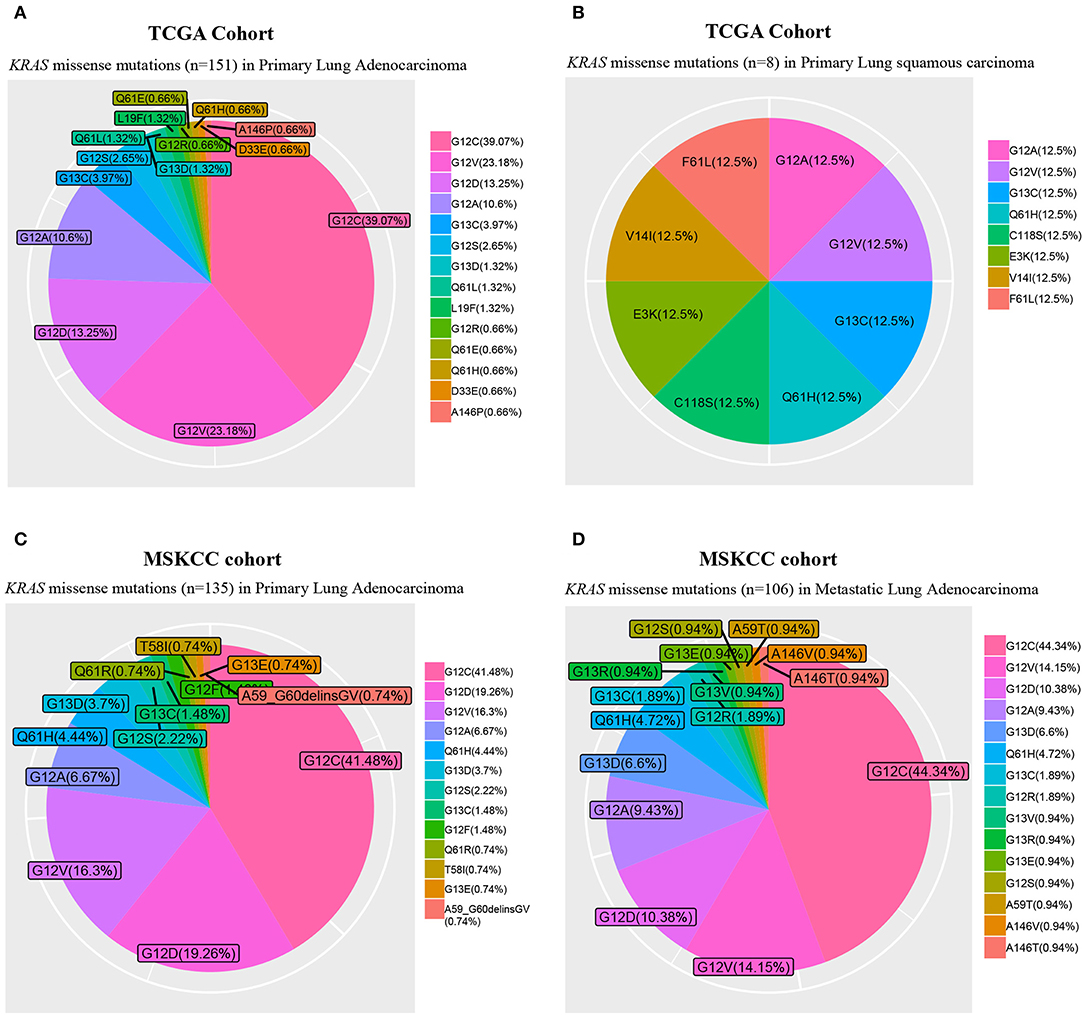Kras g12c mutation confers sensitivity to kras g12c covalent inhibitors, however its prognostic impact remains unclear. For example, in lung cancer, coactivation.

Strategies for KRAS Mutations YouTube
Doctors may treat lung cancer using one or more of these options:

Kras mutation lung cancer treatment. Several strategies have been pursued to inhibit kras mutated lung cancer, including blocking kras association with the membrane, inhibition of downstream effectors, inhibition of selected proteins to result in synthetic lethality, and direct kras blockade. Hazard ratio (hr) of pfs for pemetrexed treated subjects with g12c mutation compared to subjects with kras wild type was 1.96 (95% confidential interval [ci], 1.01 to 3.79; The drug capmatinib (tabrecta) treats lung cancers with the metex14 mutation.
May 2010 edited march 2014. If your lung cancer is determined to be advanced, immunotherapy may be prescribed. To date, however, none of these findings have been translated into the clinics.
They are the most prevalent mutation in lung cancer, they occur in about 25 to 30%. If anybody has recently gone through any successful targeted treatment for kras mutation, kindly share with us. There is now a targeted therapy pill (also called a kras.
Constitutive activation of kras leads to the persistent stimulation of downstream signaling pathways that promote. Right now, whether or not a lung cancer patient has a kras mutation doesn’t change initial treatment decision making. Lumakras™ is indicated for the treatment of adult patients with kras g12c‑mutated locally advanced or metastatic non‑small cell lung cancer (nsclc), as determined by an fda‑approved test, who have received at least one prior systemic therapy.
It is also found less frequently in colorectal cancers and in a small fraction of pancreatic cancers. This study assesses the frequency, clinical features, prevalence of brain metastases and outcomes in kras g12c. Oncogenic kras mutants are prevalent at positions 12, 13, and 61 in cancer patients.
This increase is abolished by fgfr1 inhibition and correlates with sensitivity to trametinib and fgfr inhibitor combinations. And for a long time, we've found kras mutant lung cancer to be really challenging to treat with what we call targeted therapies, which are therapies that are directly targeting the specific gene change present in the tumor. When there is a mutation in kras, it signals too much and cells grow without being told to, which causes cancer.
3 unfortunately, most of these efforts have failed. There are several types of kras mutations. There is evidence that the presence of kras mutation in lung and colon cancers.
Preclinical studies have suggested combinations of mtor and mek inhibitors in kras mutant lung cancers but these attempts have proven challenging due to adverse events such as diarrhea, skin rash and fatigue. If no drug is currently available for your specific mutation, you may qualify for a clinical trial. The most common substitutions are for glycine at the 12th and 13th positions for g12d (33.7%), g12v kras mutated colorectal cancer
Since kras was discovered in lung cancer in 1984, researchers have. To date, however, none of these findings have been translated into the clinics. Almost 30% of adenocarcinomas of the lung are driven by an activating kirsten rat sarcoma viral oncogene homolog (kras) mutation.
The mutation, a hallmark of damage from cigarette smoke, is most common in lung cancer. She is currently halfway through her. No difference was observed in rr.
Age, sex, performance status were well balanced between subjects with or without kras mutations. If your lung cancer hasn’t yet spread and it’s in an early stage, you might be a candidate for surgery to have the lung cancer completely removed. P = 0.045), but other mutations failed to show.
The authors concluded that kras mutation was not an individual prognostic factor [34]. These results demonstrate that fgfr1 can mediate. The codebreak100 trial, funded by amgen and nci, is testing sotorasib (previously called amg510) as a treatment for people with solid tumors that have kras g12c.
Kras mutations are detected in approximately 30% to 50% of patients with colorectal cancer.